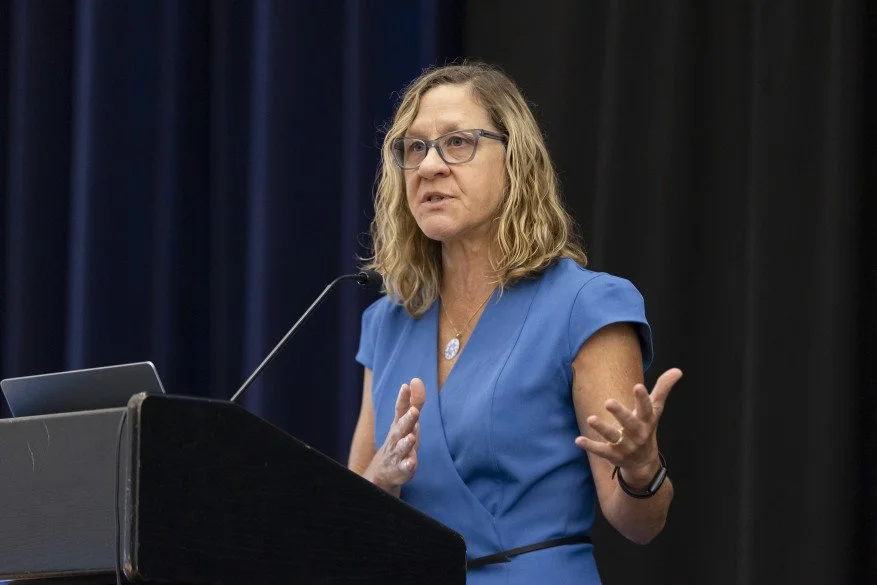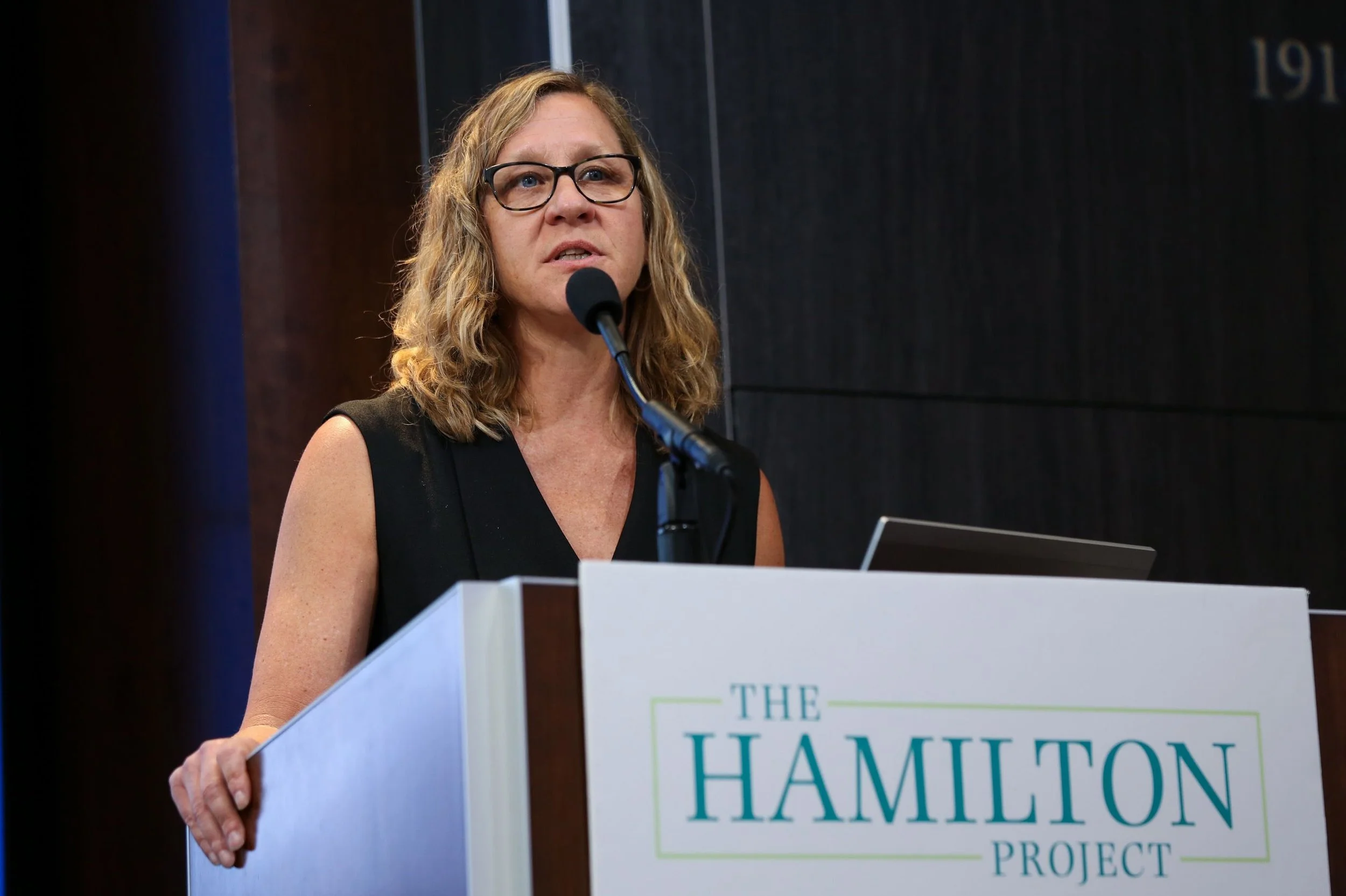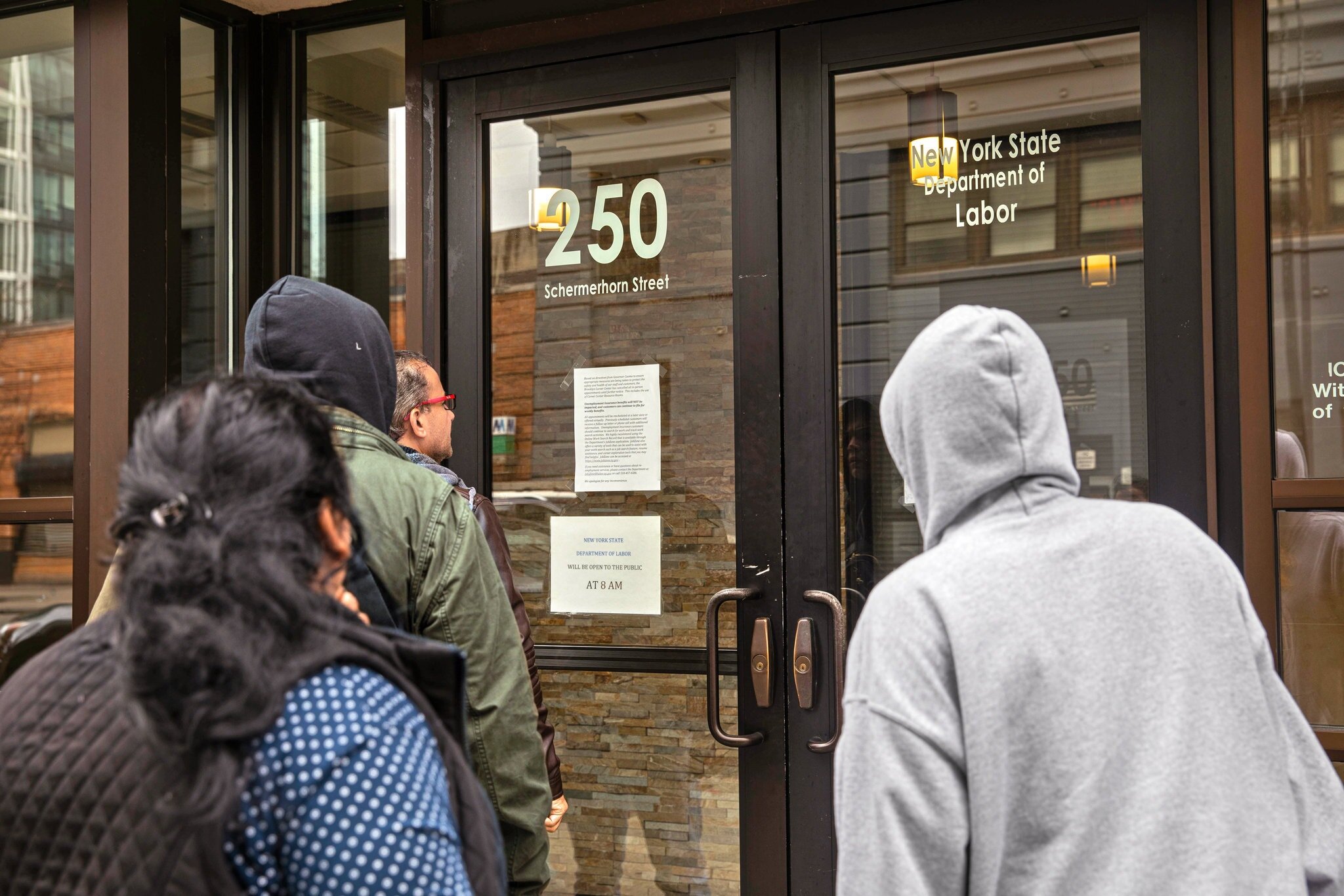In this installment of the Goldman School of Public Policy’s “Five Questions for Faculty” series, O-Lab Faculty Director Hilary Hoynes, Associate Dean and Chancellor’s Professor of Economics and Public Policy, discusses how the upcoming general election could effect the US social safety net. Read the article here.
New open-source volume on the effects of the 2021 Expanded Child Tax Credit
Newly released in the Annals of The American Academy of Political and Social Science, “Evaluating the Effects of the 2021 Expansion of the Child Tax Credit” brings together some of the strongest research on the 2021 CTC expansion. Edited by O-Lab Faculty Director Hilary Hoynes, Megan Curran of Center on Poverty and Social Policy at Columbia University, and Zachary Parolin, the volume frames the policy change in historical and international contexts, presents the expansion’s near-term impacts, and explores the potential, long-term effects of a permanently expanded credit, in addition to alternative policy designs. Explore the full volume here.
Faculty Director Hilary Hoynes inducted into National Academy of Sciences
Congratulations to O-Lab Faculty Director Hilary Hoynes on her induction to the National Academy of Sciences! Hoynes was recognized for her important work advancing the evidence base around tax and transfer programs in the United States – and how these programs can generate long-term health and human capital benefits for recipient children.
Hilary Hoynes on the Expanded Child Tax Credit in The Hill
Programs dedicated to alleviating child poverty have been shown to generate powerful social and economic benefits - in educational performance, income, and health outcomes - over a lifetime. Take a look at this important perspective from Faculty Director Hilary Hoynes and Rita Hamad in The Hill.
Hilary Hoynes in VoxEU
How does losing access to nutritional support impact families? A VoxEU column highlights research from O-Lab Faculty Director Hilary Hoynes and coauthors on the Special Supplemental Nutrition Program for Women, Infants, and Children (WIC). Researchers find that after losing access to the program, adult women consume less to shield children from nutritional losses. Read the full article here.
Hilary Hoynes in Equitable Growth
Each piece of legislation considered by the US Congress receives a score from the Congressional Budget Office, which estimates the cost of the legislation within a ten year budget window. However, this approach neglects the long-term benefits of income support and social safety net programs, writes Hilary Hoynes in a new piece for Equitable Growth. Read the full article.
Hilary Hoynes on the Impact of the Expanded Social Safety Net
A recent New York Times article by Jason DeParle analyzes how recently expanded social safety net programs have powerfully reduced child poverty. DeParle features commentary from Hilary Hoynes, who insists, “When we spend money, we make gains,” she said. “Providing more resources to low-income families changes children’s life trajectories.” Read the article here.
Hilary Hoynes testifies to the House Budget Committee
O-Lab Director Hilary Hoynes testifies to the House Budget Committee, reviewing research that shows safety net programs for children are cost-effective investments with long-term impacts on children’s life outcomes. Read the report and watch the hearing here.
Hilary Hoynes on Investing in Children
A new New York Times Opinion piece by Bryce Covert argues that the United States should do more to keep young people out of poverty through expanded social programs. O-Lab Faculty Director Hilary Hoynes notes that, compared to other countries, the United States spends far less money on reducing its child poverty rate – despite the proven success of programs that target poverty among the elderly, like Social Security. Read more here.
David Card and Hilary Hoynes are Leaders in Economics' "Credibility Revolution"
Paul Krugman recently wrote an opinion piece for the New York Times on the “Credibility Revolution” in economics. This shift in thinking, according to Krugman, stems from economists like David Card and Hilary Hoynes, who are putting evidence and data at the forefront of their research. Read the article here.
Hilary Hoynes on the Benefits of Anti-Poverty Programs
Hilary Hoynes was recently featured in a NY Times article by Paul Krugman for her research on the impact of America’s anti-poverty programs on children living in poverty. Her findings showed that “unlike tax cuts for the rich, aid to poor children would largely pay for itself” purely in fiscal benefits alone, on top of the educational and health benefits these programs offer. To learn more, check out full article here.
Hilary Hoynes on What the Expanded Child Tax Credit Means for American Families
Hilary Hoynes recently co-authored an article in Quartz on how the Biden administration’s expanded child tax credit will lift millions of children out of poverty. Hoynes also discusses research surrounding other long-term benefits of the program, including improved health and educational outcomes.
Hilary Hoynes featured in Ezra Klein column: What the Rich Don't Want to Admit About the Poor
Hilary Hoynes was quoted in an Ezra Klein opinion piece on what the debate over a guaranteed income reveals about how we prioritize worker power vs. low costs. In Klein’s words, “it is rising worker power, not continued poverty, that we treat as intolerable,” and argues that more robust income supports could eradicate poverty if that were a true priority.
Hilary Hoynes and Reed Walker on the Future of Family
Hilary Hoynes and Reed Walker were recently cited in a New York Times op-ed by Paul Krugman on the importance of the Biden administration’s new support for child care and education. Among the cited work was Hoynes’ research on SNAP benefits and other safety net investments in children.
Hilary Hoynes: Family Stipends Help Lift Children Out of Poverty
Childhood poverty has been linked to a number of developmental delays that can last well into adulthood and continue the cycle of poverty for generations. In a recent NPR article on the subject, O-Lab Director Hilary Hoynes explains how providing additional income support to low-income families and single mothers can improve long-term educational outcomes, reduce criminal activity, and improve the health of children growing up in poor households. Check out the full story here.
Hilary Hoynes: Universal Basic Income
How can we design income support policy to protect the most vulnerable citizens during both good times and bad? Interest has grown in universal basic income as a solution, but it has drawbacks, and evidence is lacking. Hilary Hoynes and Jesse Rothstein examine how a universal basic income would play out in the United States, as well as in other developed countries, if implemented on a large scale. Knowable Magazine interviewed Hilary Hoynes about the benefits and challenges of such a program.
Read the full interview on: Knowable Magazine
Hilary Hoynes: Safety Net Spending and the COVID-19 Crisis
The COVID-19 crisis is intensifying long-standing debates about whether our safety net provides adequate coverage for the most vulnerable. Safety net spending is typically geared more toward people with jobs than those who are unemployed, and Hilary Hoynes warns that this imbalance will lead to worsened outcomes for our neediest children.
Read the full article on: New York Times.
Governor Newsom Appoints Hilary Hoynes to Council of Economic Advisors
Congratulations to Director Hilary Hoynes on her appointment to Governor Newsom’s Council of Economic Advisors! “The Council will advise the Governor and Director of the California Department of Finance Keely Martin Bosler on wide-ranging economic issues and deepen relationships between the Administration and academic researchers to keep California moving toward an economy that is inclusive, resilient, and sustainable.” Read more here and here.
Is the Social Safety Net a Long-Term Investment? Large Scale Evidence From the Food Stamps Program
Read the latest in O-Lab's Research In Brief series: Is the social safety net a long term investment? Hilary Hoynes and Reed Walker find that find "access to food stamps in early childhood leads to significant improvements across a range of outcomes in adulthood." Read more.
Hilary Hoynes Appointed to the Commission on Evidence-Based Policymaking
Congratulations to O-Lab Professor Hilary Hoynes on her appointment to the Commission on Evidence-Based Policymaking. The commission, signed into law with bipartisan support, "lays critical groundwork for adopting evidence-based policies that maximize public investment and improve lives," according to the Urban Institute.
Click HERE for a full list of the Commission members.




















